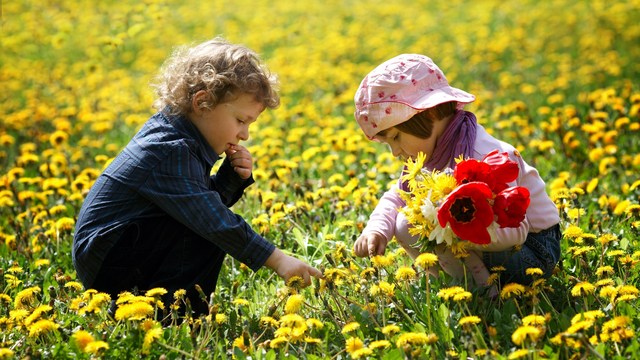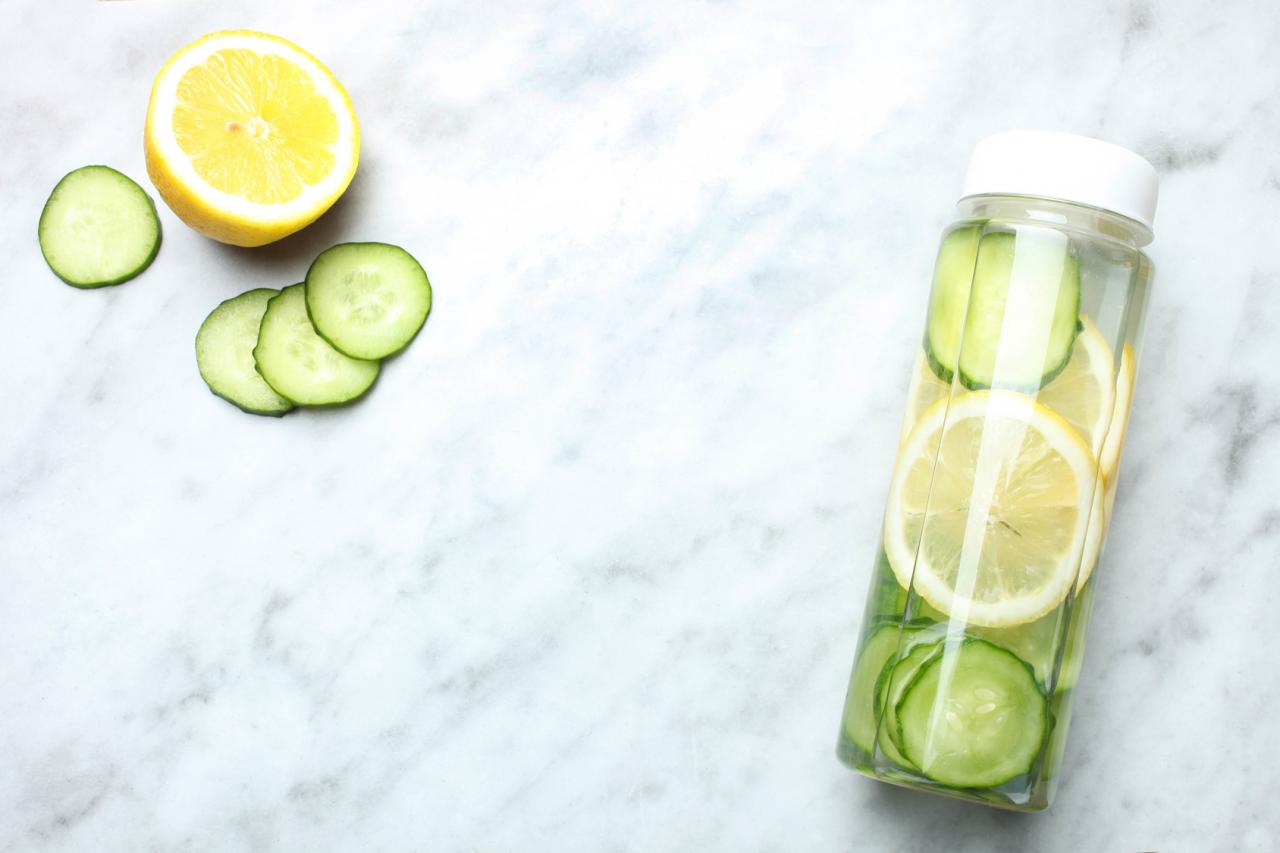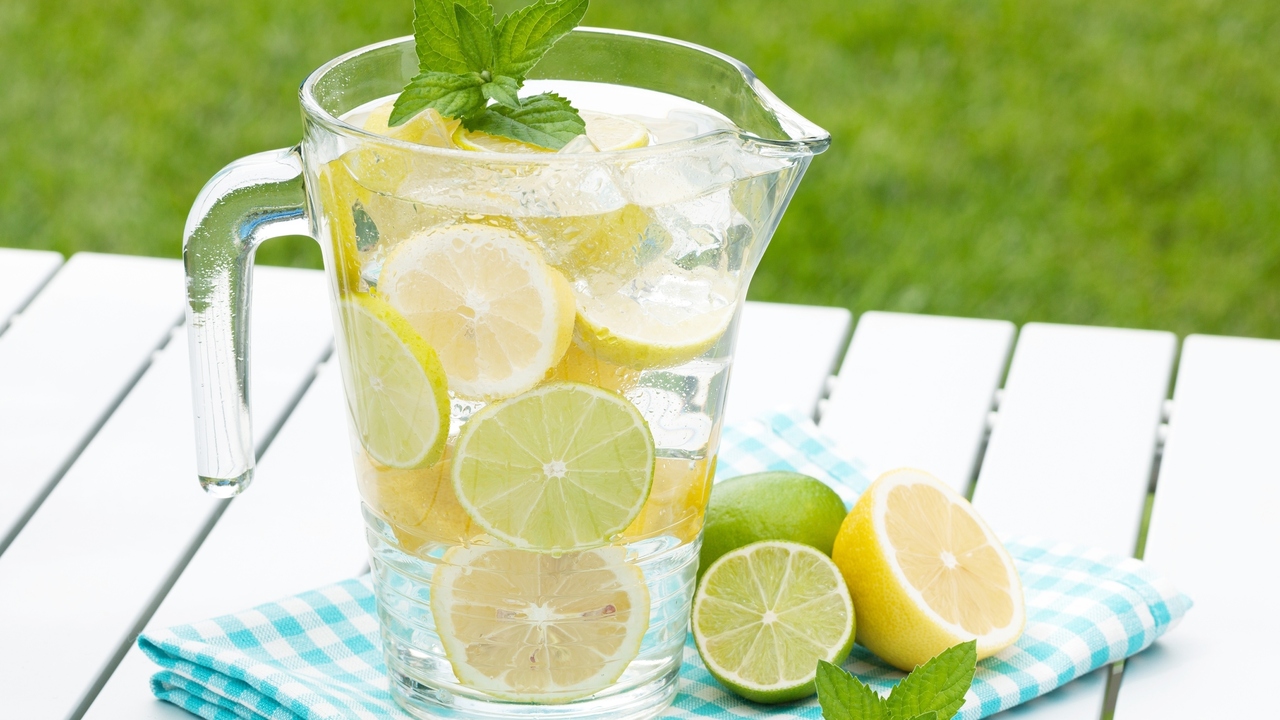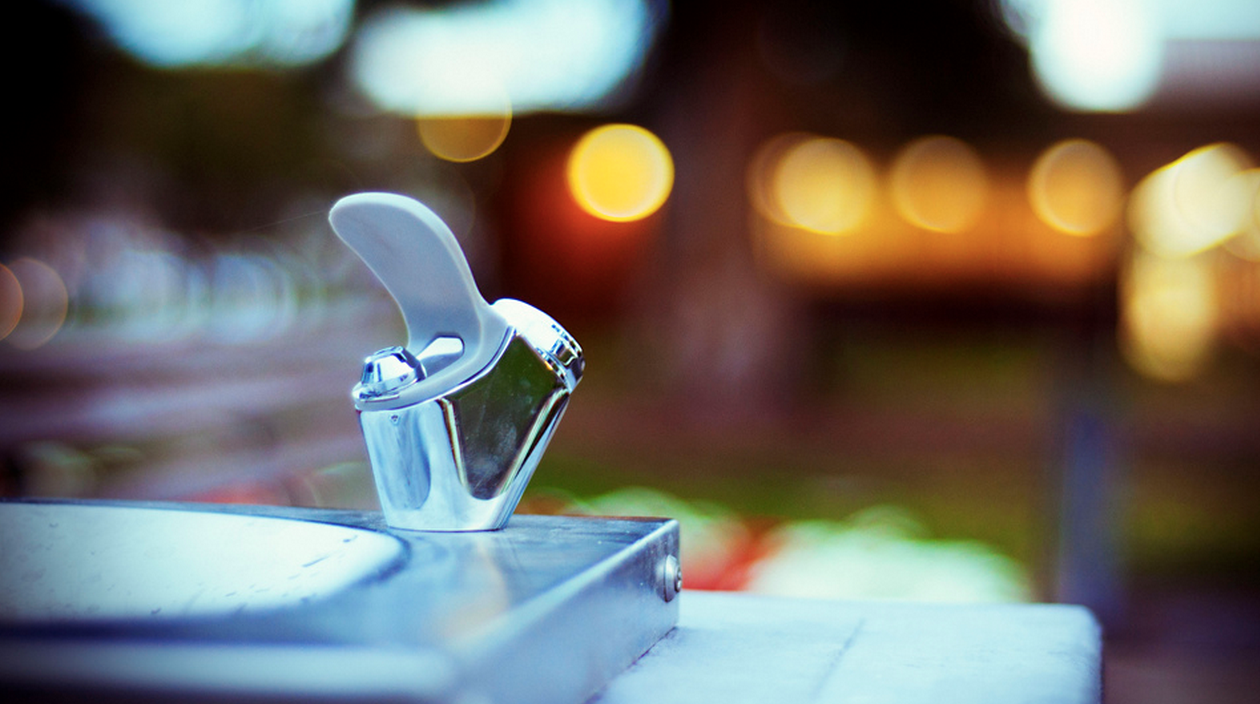 Aliaksei Lasevich/PhotoSpin
Aliaksei Lasevich/PhotoSpin
The summer season is the favorite of many, with so many outdoor activities, family visits, and vacations to enjoy, as well as the usual work and childcare commitments. Summer can be a time of extremes with heat, humidity and a hot sun to contend with. Along with all the summer fun, there can be dangers attached.
Most of us know the common warnings about summer but there are other dangers out there that are less talked about.
Sun Poisoning
The sun makes us feel good. Our bodies respond positively to its brightness and warmth and it provides the body with crucial vitamin D. But the sun can also cause burns, blisters, skin cancers and premature aging. It can also poison the body, in a condition known as photodermatitis.
This condition is not the same as sunburn or heatstroke. Rather, it's an allergic reaction to the sun's rays, particularly its UV light. It can make a person severely ill. Symptoms include itchy, blistering skin and rashes, nausea and sickness.
It's hard to know if a person is allergic to the sun in this way unless sun poisoning happens. Some ways to avoid it, though, include wearing plenty of sunscreen to limit exposure to UV rays, and covering eyes and heads.
According to an EmpowHER article about sun poisoning, risk factors include "unknown factors like diet, medications (including over the counter medications), and the kind of sunscreen used. People taking non-steroidal anti-inflammatory drugs (NSAIDs) may be more at risk, as well as those taking antibiotics for bacterial concerns – these antibiotics are known as Tretracyclines."
https://www.empowher.com/wellness/content/sun-poisoning
Garage safety
Children love to play in garages! They smell interesting, have lot of equipment for nosy kids to explore and are cool in summer, as well as providing a place to go when it's raining. But garages can be deadly. They often contain poisons, sharp tools like saws, lawn trimmers and lawn mowers.
All of these can and have seriously hurt or killed children. The garage can be made a no-go zone without direct supervision, or action can be taken to make it safe.
Tools should have child-guards on them to prevent them from being started without permission. Tools should always be in the off/locked position.
Keys should never be left in equipment and all poisons such as paints, paint removers, weed killers and antifreeze, should be locked away. Saws and other tools should be tightly hung high up from children and they need to be warned about these dangers.
Garages can be a great place for kids and their friends to play games, and get away from the summer sun. But if they don't adhere to the rules, they should be denied access to the garage until they are old enough and responsible enough to use it on occasion. These rules all apply to adults too!
Car Safety
Children die every year from being left in hot cars, from getting trapped in car trunks or caught in windows, or from being run over in their own driveways (called "non-traffic accidents"). These are needless, senseless deaths.
According to the car safety advocacy group Kidsandcars.org, nearly 3,000 children have died in non-traffic car incidences from 2001-2011. These include being hit (often when a parent is leaving the home) from the front or back, being left in cars to overheat to death.
In 2001, nine children were killed in non-traffic car incidences. In 2011 the number was over 200 children. It's important to note that many, many more children are injured in addition to those who have died.
We can help prevent these catastrophes by always locking our cars when they are in the driveway or garage so that children have no access. Lining up all children so they are visible to the driver when arriving or leaving the home helps prevent children being caught behind or in front of the car because they could not be seen.
Always checking the car as soon as a child is missing can prevent deaths. Always making sure no child is left in a car upon exiting can stop the terrible tragedy of children dying from overheating inside in a car.
Cars can start overheating a child within minutes of being trapped inside. There are also devices inside trunks that can allow a person to open the trunk from the inside. Consider getting one of these and teaching your children how to use it.
Alcohol and Summer
Sitting back with a cold drink is a great way to relax on the deck, on the beach or by the pool during the summer. But alcohol can encourage a person to make bad choices, like taking a dip in the water to cool off, boating or driving under the influence, or becoming dehydrated.
Never boat and drink. Boating and drinking carries the same rules as drinking and driving and can put many others in danger. Never swim under the influence, no matter how strong a swimmer you are. Take care to drink plenty of water when drinking alcohol.
Many people get drunker faster (and on less alcohol) when under the hot sun so take care not to drink when it's necessary to drive home afterward, like when visiting public beaches, festivals, carnivals and picnics.
Summer is my favorite season, as it is for many others. We hope everyone enjoys these dog days and has as much fun as possible, in the safest possible way!
Sources:
EmpowHER.com. Wellness. Sun Poisoning. Web. Retrieved Wednesday, June 23th 2013.
https://www.empowher.com/wellness/content/sun-poisoning?page=0,0
KidsAndCars.org. Stats. National Statistics. Web. Retrieved Wednesday, June 23th 2013.
http://www.kidsandcars.org/statistics.html
Reviewed June 12, 2013
by Michele Blacksberg RN
Edited by Jody Smith



Add a Comment1 Comments
Wow, these are things we rarely give much importance. I think this is very much informative. - YOR Health
June 12, 2013 - 12:28pmThis Comment